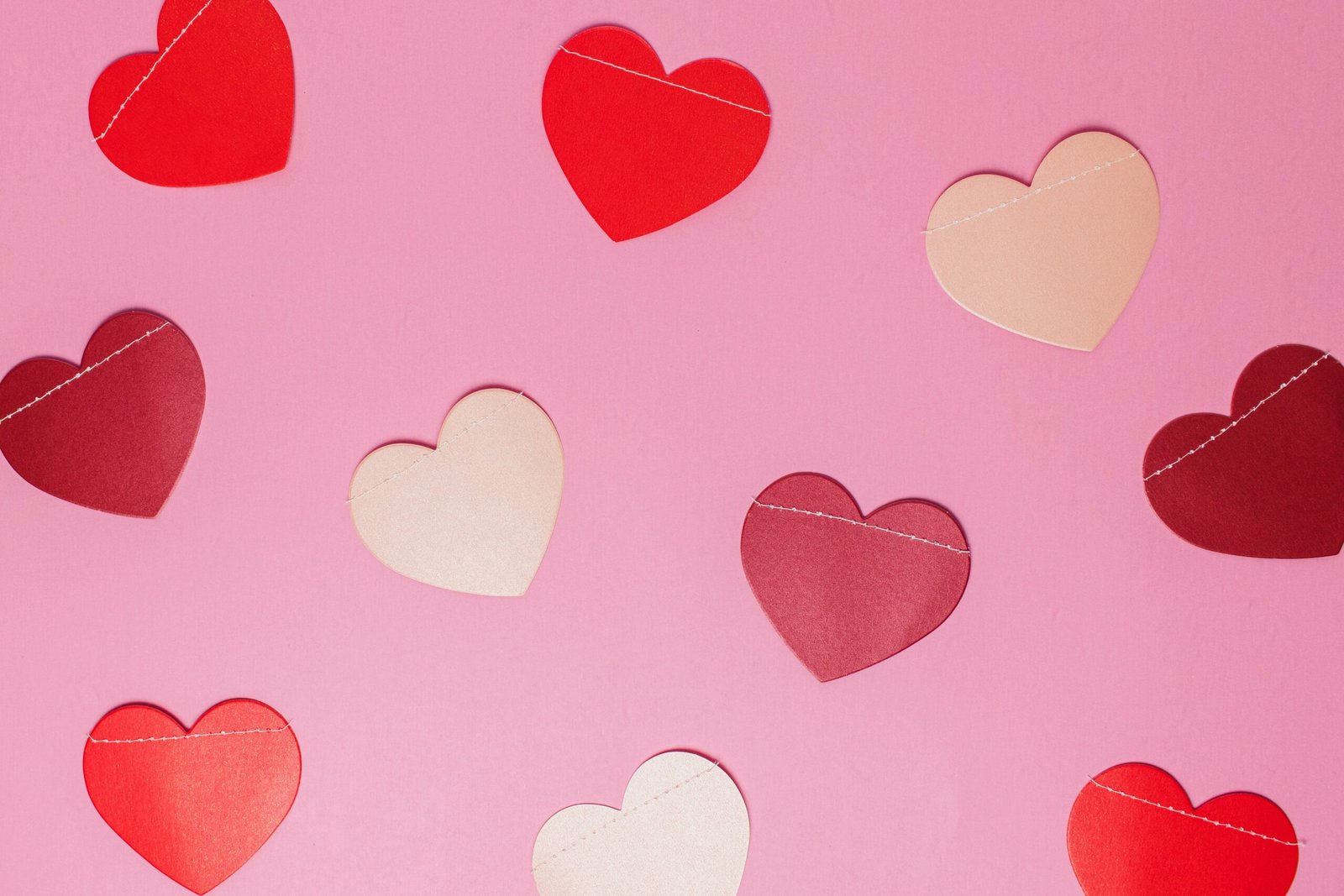The Connection Between Valentine’s Day and Romantic Literature

Valentine’s Day, a day dedicated to celebrating love and affection, has a deep-rooted connection with the world of romantic literature. It’s a day when we express our feelings and emotions to our loved ones, often through handwritten notes, cards, and heartfelt messages. This tradition of conveying love on Valentine’s Day can be traced back to centuries of romantic literary works that have inspired, enchanted, and captured the essence of love. In this article, we’ll explore the profound connection between Valentine’s Day and romantic literature, delving into the history, impact, and enduring influence of literary romance on this special day.
A History of Romantic Literature and Valentine’s Day
The history of Valentine’s Day can be traced back to ancient Roman and medieval traditions. However, its association with romantic love began to take shape during the Middle Ages. It was during this time that the concept of courtly love emerged, influencing the literary works of troubadours and poets.
1. Chaucer’s Influence
Geoffrey Chaucer, often regarded as the “Father of English Literature,” played a pivotal role in connecting Valentine’s Day with romantic literature. In his poem “The Parliament of Fowls,” written in the 14th century, Chaucer introduced the idea of Valentine’s Day as a day of love and courtship. He described a gathering of birds choosing their mates on this day, laying the foundation for the celebration of love on February 14th.
2. Shakespearean Love
William Shakespeare, the renowned playwright and poet of the Elizabethan era, further solidified the association between love and literature. His plays and sonnets, such as “Romeo and Juliet” and “Sonnet 18,” are timeless expressions of love, passion, and devotion. The tragic tale of Romeo and Juliet, in particular, has become synonymous with the theme of young, forbidden love.
3. Romanticism and the 18th Century
The 18th century marked the rise of Romanticism, a literary and artistic movement that emphasized emotion, nature, and the individual. Romantic poets like William Wordsworth, Samuel Taylor Coleridge, and Lord Byron celebrated the beauty of love and nature in their works. Wordsworth’s poem “Lines Composed a Few Miles Above Tintern Abbey” and Coleridge’s “Kubla Khan” are notable examples of how Romanticism intertwined love with the natural world.
4. Jane Austen’s Classic Love Stories
Jane Austen, the beloved novelist of the Regency era, is renowned for her novels that explore the complexities of love and society. Works like “Pride and Prejudice” and “Sense and Sensibility” capture the nuances of courtship, social class, and the enduring power of love. Austen’s heroines and their romantic pursuits continue to captivate readers to this day.
5. The Brontë Sisters
The Brontë sisters, Charlotte, Emily, and Anne, made significant contributions to romantic literature in the 19th century. Emily Brontë’s “Wuthering Heights” and Charlotte Brontë’s “Jane Eyre” are iconic novels that explore themes of passion, desire, and the human heart’s capacity to love intensely.
Valentine’s Day Cards and Romantic Literature
The tradition of exchanging Valentine’s Day cards also owes its origins to romantic literature. In the 19th century, the publication of affordable, mass-produced Valentine’s Day cards became popular. These cards often featured romantic verses and illustrations inspired by literature. Poems from famous poets and excerpts from romantic novels were commonly used to express affection on these cards.
The Influence of Romantic Literature on Modern Valentine’s Day
The influence of romantic literature on Valentine’s Day continues to be felt in modern times. The tradition of exchanging handwritten love letters and heartfelt messages on Valentine’s Day echoes the sentiments expressed by literary characters and poets throughout history.
1. Classic Literary Quotes on Cards
Modern Valentine’s Day cards often feature classic literary quotes that convey deep emotions and affection. Quotes from Shakespeare, Austen, and other literary giants add a touch of timeless romance to these cards.
2. Romantic Book Gifts
Gifting books, especially classic love stories and poetry collections, has become a cherished Valentine’s Day tradition. Whether it’s a beautifully bound edition of “Pride and Prejudice” or a collection of love poems by Pablo Neruda, books hold a special place in the hearts of bibliophiles.
3. Romantic Getaways Inspired by Literature
Couples often plan romantic getaways to destinations that have literary significance. Visiting places described in their favorite novels or reenacting scenes from beloved books allows them to immerse themselves in the world of literature and romance.
4. Literary-Themed Parties and Events
Valentine’s Day events and parties frequently draw inspiration from famous literary couples and themes. From masquerade balls reminiscent of “Romeo and Juliet” to Jane Austen-themed tea parties, these gatherings celebrate the romance found in literature.
5. Love Letters and Poetry Recitations
Some couples incorporate the art of writing love letters and reciting poetry into their Valentine’s Day celebrations. Sharing their own heartfelt words or reading passages from cherished literary works adds a personal and poetic touch to the day.
In Conclusion: The Enduring Legacy of Literary Love
Valentine’s Day and romantic literature are intertwined in a beautiful tapestry of love and emotion. The words penned by poets and authors through the ages continue to inspire, comfort, and kindle the flames of love in our hearts. As we celebrate Valentine’s Day, let us remember the profound impact of romantic literature on this cherished day of love, and may we continue to find solace and inspiration in the pages of timeless love stories and poetic verses.


